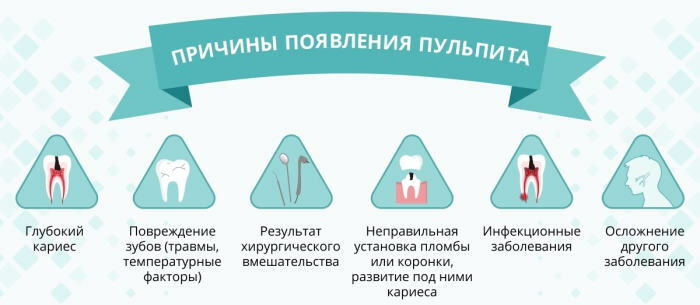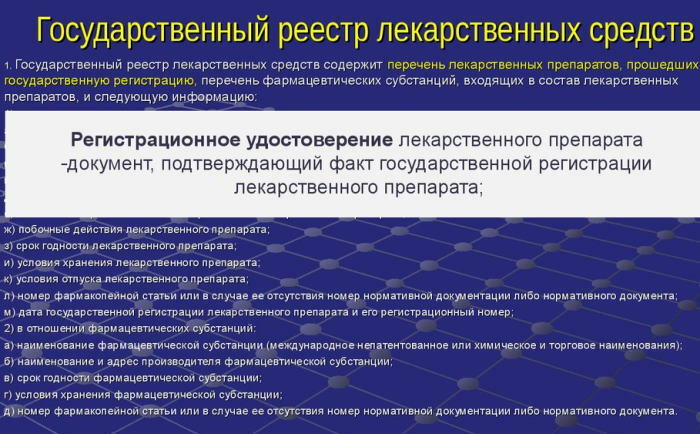Squamous cell carcinoma antigen is a substance present in the body of people with cancer. By determining its level you can find out how effective the therapy is appointed, what are the chances of the patient survival and the presence of recurrent malignancy.
study Features
Squamous cell carcinoma refers to malignant tumors. Localization of tumors can be different and disease outcome in most cases fatal.
SCCA Squamous carcinoma antigen is a glycoprotein family of serine protease inhibitors. It has a molecular weight of 45-55 kDa. Prior to normal values a certain amount of this substance produced in the epithelium, but it should not go beyond the extracellular space.
If developing squamous cell carcinoma, the secretion of the antigen neoplasm cells increases, which affects the germination and spread of carcinoma to other organs and body systems.

On the level of antigen influences:
- stage of development of the malignant process;
- the rate of development of the disease;
- aggressiveness of tumor growth;
- the presence of metastases in the lymph nodes and other organs.
In the presence of cancerous processes in the cervical region, in half the cases determined by the presence of antigen. If the removal was carried out squamous cell carcinoma by surgery, then for four days, its concentration approaches the allowable limits. If the increase in antigen content is observed after removal of the tumor, therefore, the disease continues to progress. In most cases, due to the fact that the SCCA are elevated, it is possible to the onset of clinical symptoms, identify recurrent disease.
Repeatedly it was shown that the number of antigen analysis allows you to assign the appropriate treatment and make a preliminary forecast of the patient's survival.
But the figures are not antigen-specific tumor marker. Increasing its level may be observed in psoriasis, renal and liver failure, various cancers. Therefore, if the amount of antigen increased say for sure that a person has cancer without additional studies can not.
When prescribed and how to analyze
Allocate SCC is necessary in such cases:
- If there is a suspicion of the proliferation of malignant cells in the epithelium.
- To plan an appropriate course of treatment for people with squamous cell carcinoma and confirm the need for aggressive therapy.
- Before surgical removal of the tumor and after it.
- When the routine inspection of patients who have recovered from squamous cell carcinoma for the early detection of recurrence.
To determine the level of SCCA use venous blood. Special preparation procedure does not require. Taken in a patient blood sample is placed into a tube with EDTA for detecting carcinoma antigen.
This protein is found not only in the blood and in other biological fluids. If the sample will get saliva spray or something else, the result is false. It is therefore very important to avoid contamination of such materials.
The reason for increasing SCCA Squamous cell carcinoma antigen is not always the malignant process. The deviation from the norm can be observed in benign neoplasms and non-neoplastic diseases.
Although this non-specific and tumor marker for cervical cancer, but it is in this type of Squamous Cell Carcinoma of its performance accurately confirm the presence of disturbances. It is for oncological cervical disease antigen level determination in 98% of cases is a specific indicator. Therefore, it is necessary to analyze not only for diagnosis, but also for monitoring the effectiveness of the treatment of carcinoma.

With increased antigen SCCA squamous carcinomas can be detected early relapse. SCC concentration usually rises a few months before the resumption of the malignant process.
Norm and deviation from the permissible values
Squamous cell carcinoma antigen norm value is not considered above 2-2.5 ng / ml. But this value is not valid for all cases. Some patients even in the presence of squamous cell carcinoma is observed in the serum antigen low levels even if the disease is progressing actively. In addition, not all patients with increased indicators reveal a malignant carcinoma. Therefore it is not sufficient for accurate diagnosis of analysis.
Abnormal upward more often observed in cervical cancer. The amount of antigen is directly dependent on the stage of the disease. If the cancer is non-invasive nature, the deviations detected in the blood of 10 percent of patients. The first stage shows an increase in 30 percent of cases, and in the fourth - 70 above.
As a tumor marker, this figure may be used:
- in cervical cancer. In this case, it allows you to quickly identify the recurrence of the pathological process, the presence of residues of squamous cell carcinoma and monitor the quality of care;
- with non-small cell lung cancer. In such situations, the antigen detected as a tumor marker for the appointment of the second phase of treatment.
Although in most cases the presence of antigen confirmed squamous cell carcinoma, but as a screening marker for determining the primary neoplasm analysis is not used.
Normal levels SCCA antigen are detected in those patients who have been found:
- malignancies in organs of the reproductive system;
- lung tumors;
- lesions and squamous cell carcinoma of the head and neck are all situated in this part of the organs of the body;
- neoplasms of the anus; with squamous cell carcinoma of the anus;
- the presence of carcinoma or adenocarcinoma of the gastro-intestinal tract.
The increase in squamous cell carcinoma antigen can be observed in the following states not associated with tumor development:
- liver cirrhosis;
- pancreatitis;
- in renal failure;
- chronic pulmonary pathologies;
- psoriasis, eczema;
- endometriosis and other gynecological diseases.

It is important to keep in mind about these features of this study:
- Definition of squamous cell carcinoma antigen is only suitable for monitoring the development and treatment of the disease. Screening and diagnosis using the indicator is not carried out.
- Accurately confirm the presence of malignancy in humans without additional diagnostic tests can not. If SCC rate is exceeded, then the doctor should appoint a further examination;
- If glycoprotein content exceeds the permissible value, and there is additional information that indicates the presence of squamous cell carcinoma in the body, the patient is prescribed on the histological study. It is necessary to confirm the presumptive diagnosis and exclusion of a benign nature of tumors.
Forecast, if the glycoprotein content is increased mostly bad. According to statistics, the survival rate of patients with low marker for five years is much higher than when it is increasing.
Found a bug? Select it and press Ctrl + Enter



